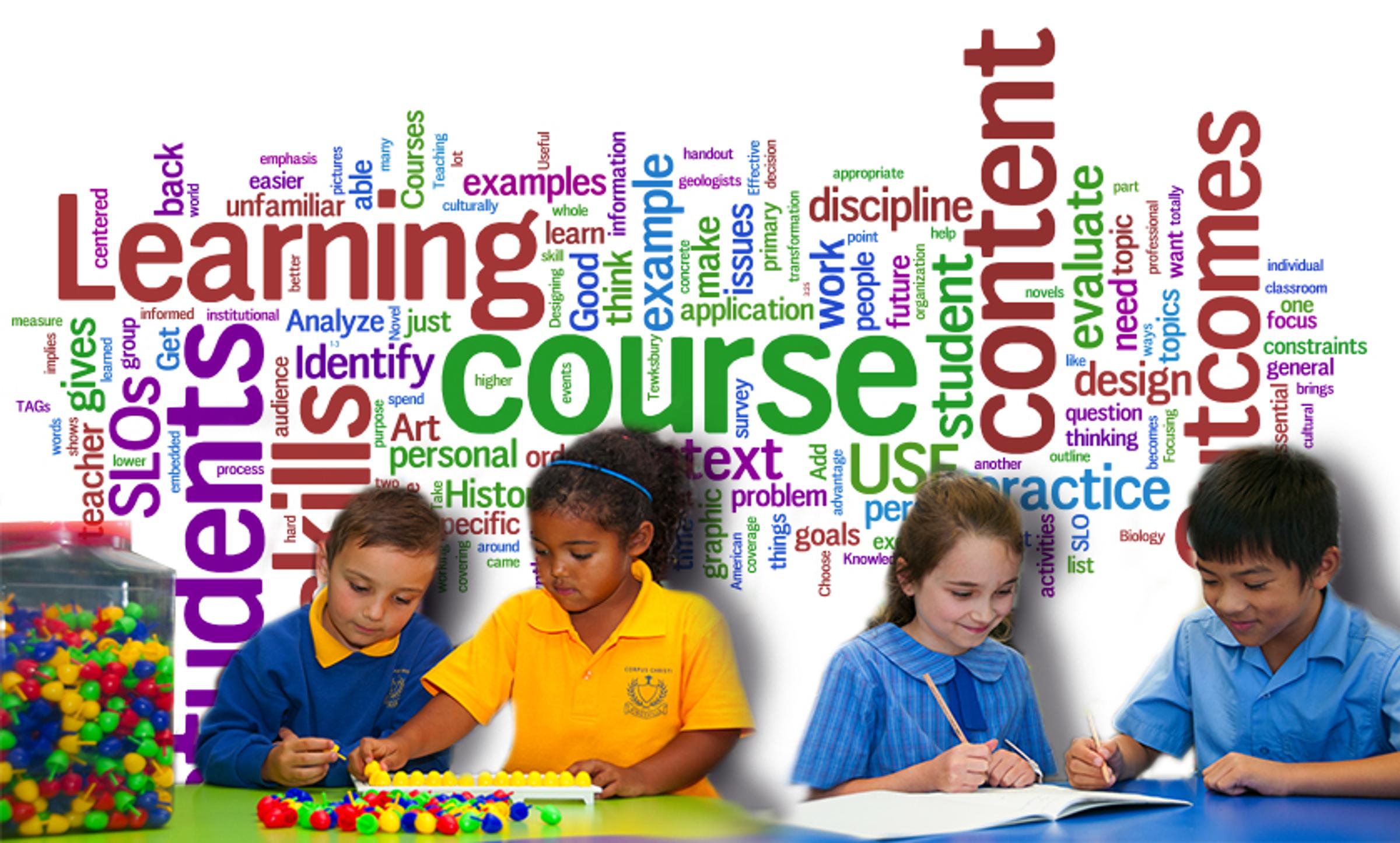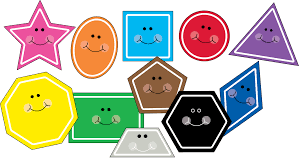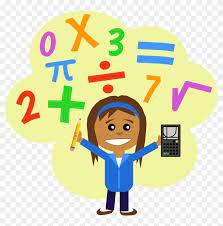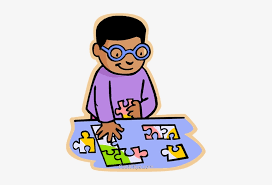Learning and Teaching

Numeracy at home
Here are some fantastic numeracy tips and inspiring ways parents and carers can be more involved in children’s learning.
1. Relate maths to real life
Talk to your child about how you use maths every day so they can see how the maths they’re learning at school relates to real life. For example, explore how you use fractions in cooking, percentages while shopping, distance in driving, keeping score in sports games and telling the time.
2. Discover the beauty of maths
What shape can be made by unfolding a carton? How many apples can be packed into the fruit tray? What shape is that box? How do you draw a circle with a piece of rope? Next, explore Mathematics in nature, music, visual arts, music and architecture.
3. Cook together
Cooking with your child is great for developing early maths skills. Talk to your child about shapes, sizes and quantities while they watch or help you cook. You could say, for example, “I need one large carrot and one small potato” or “I am cutting our sandwiches in triangles today.”
4. Encourage mental maths
Encourage children to solve simple maths problems in their head. How many pieces do you need to cut the birthday cake into so that everyone has a slice? What’s the cost of discounted items, e.g. 25 per cent off $20? It’s 4:15 pm now and it will take 30 minutes to get home: what time will we arrive? If your child struggles to work it out, suggest they show you on paper or talk you through how they’re trying to work it out so you can help them.
5. Work together
Count things with your child every day or work on a project together. Sew, knit or build something with Lego. Perhaps you can get together and sort different things by shape.
6. Play games
Playing with puzzles is another great activity that can help your child develop their maths skills. Explore spatial games, board games, card games, jigsaw puzzles and logic puzzles. Play “shops” with things from around the house, using shopping bags, old purses or wallets and real or play money.
7. Study statistics
Talk about numerical information, statistics and data that you see in newspapers and online, such as weather information from the Bureau of Meteorology or sporting statistics.
Visit the Learning Potential website or download the free app (Android or iOS) for lots of other useful tips.
The full version of this article appeared on the ABC Education website.
Deborah Courtney
Director of Learning and Teaching



